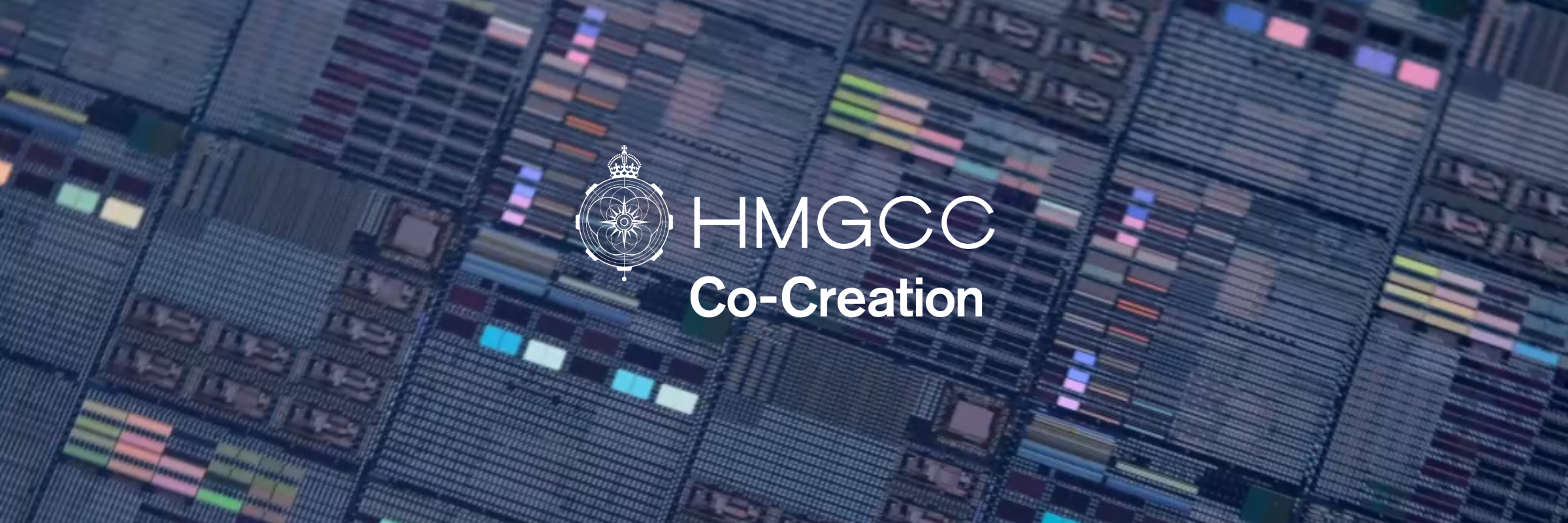
Successful sign-ups mark progress for HMGCC pilot scheme
23/05/2024
A total of 20 companies have signed up to work on national security challenges in the past year of an HMGCC pilot scheme.
For two years HMGCC has been setting challenges to industry and academia, with the goal of tapping into the wider world of technological and engineering expertise.
These challenges include some of the most difficult issues posed to HMGCC by national security organisations.
These have included a huge variety of different tasks such as using artificial intelligence in information scanning, and creating communications tools to keep staff safe when working in dangerous locations.
James, who leads the HMGCC Co-Creation team, said: “This project was set up to transform the way we work. Instead of inventing and creating everything in-house, we wanted to expand our horizons by reaching out to outside companies and universities who may have already solved our challenges without realising it.
“HMGCC has hundreds of excellent engineers, scientists and technologists, as well as high-tech equipment, but this pilot has really enabled us to tap into the rapid advances in technology which exist in the outside world. Sometimes solutions can come from unexpected areas of industry.”
HMGCC Co-Creation works by publishing challenges through a network of 12 collaborators, which reaches out to tens of thousands of companies and every university in the UK.
In response to the challenges in the last year, 135 proposed solutions have been received, with 20 making it through to contract.
George Williamson, CEO at HMGCC, said: “We have been really impressed with the responses received to the challenges set by Co-Creation so far.
“We do amazing work here at HMGCC, engineering technical solutions to enable some of the most important operational duties being carried out by national security organisations. In working with us, outside organisations have the opportunity to contribute to this important work and we are able to tap into the latest technological discoveries being made within industry and academia.”
